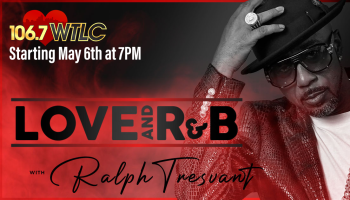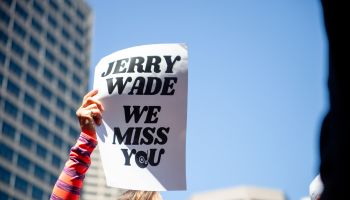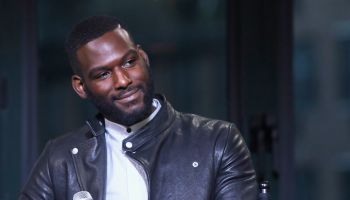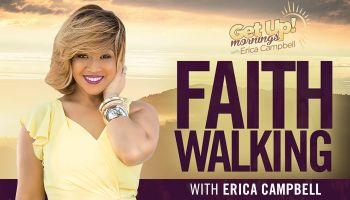Happy Kwanzaa, folks!
You might say that to someone and they might not have any idea as to what you’re talking about or what it means. I was made aware of the holiday as a child by my Uncle Tim, and being honest, many people, including myself, could use a refresher (or introductory) course as to what the holiday signifies.
KWANZAA is a week-long celebration of “universal African-American heritage’, starting on Dec 26 and ending January 1 every year. It was created by Maulana Karenga and first celebrated in 1966-1967. The original intent was to “give Blacks an alternative to the existing holiday and give Blacks an opportunity to celebrate themselves and history, rather than simply imitate the practice of the dominant society.”.
Kwanzaa celebrates what its founder called the seven principles of Kwanzaa, or Nguzo Saba (originally Nguzu Saba—the seven principles of African Heritage)
Each of the seven days of Kwanzaa is dedicated to one of the following principles, as follows:
- Umoja (Unity): To strive for and to maintain unity in the family, community, nation, and race.
- Kujichagulia (Self-Determination): To define ourselves, name ourselves, create for ourselves, and speak for ourselves stand up.
- Ujima (Collective Work and Responsibility): To build and maintain our community together and make our brothers’ and sisters’ problems our problems, and to solve them together.
- Ujamaa (Cooperative Economics): To build and maintain our own stores, shops, and other businesses and to profit from them together.
- Nia (Purpose): To make our collective vocation the building and developing of our community in order to restore our people to their traditional greatness.
- Kuumba (Creativity): To do always as much as we can, in the way we can, in order to leave our community more beautiful and beneficial than we inherited it.
- Imani (Faith): To believe with all our heart in our people, our parents, our teachers, our leaders, and the righteousness and victory of our struggle.
A Kwanzaa ceremony may include drumming and musical selections, libations, a reading of the African Pledge and the Principles of Blackness, reflection on the Pan-African colors, a discussion of the African principle of the day or a chapter in African history, a candle-lighting ritual, artistic performance, and, finally, a feast.
At first, observers of Kwanzaa avoided the mixing of the holiday or its symbols, values, and practice with other holidays, as doing so would violate the principle of kujichagulia (self-determination) and thus violate the integrity of the holiday, which is partially intended as a reclamation of important African values. Today, many African American families celebrate Kwanzaa along with Christmas and New Year’s. For people who celebrate both holidays, Kwanzaa is an opportunity to incorporate elements of their particular ethnic heritage into holiday observances and celebrations of Christmas.
I just wanted to give you a little insight as to what ‘Kwanzaa’ is and what it stands for. Understanding the roots of it and what Black folks were going through in America at the time, personally, I think it’s a great thing. There weren’t many positive images of African ANYTHING in America in the 60’s, so the idea that some folks thought to take a week to celebrate and acknowledge our history, accomplishments, and principles is remarkable and necessary in my eyes.
Happy Kwanzaa, everyone.
















